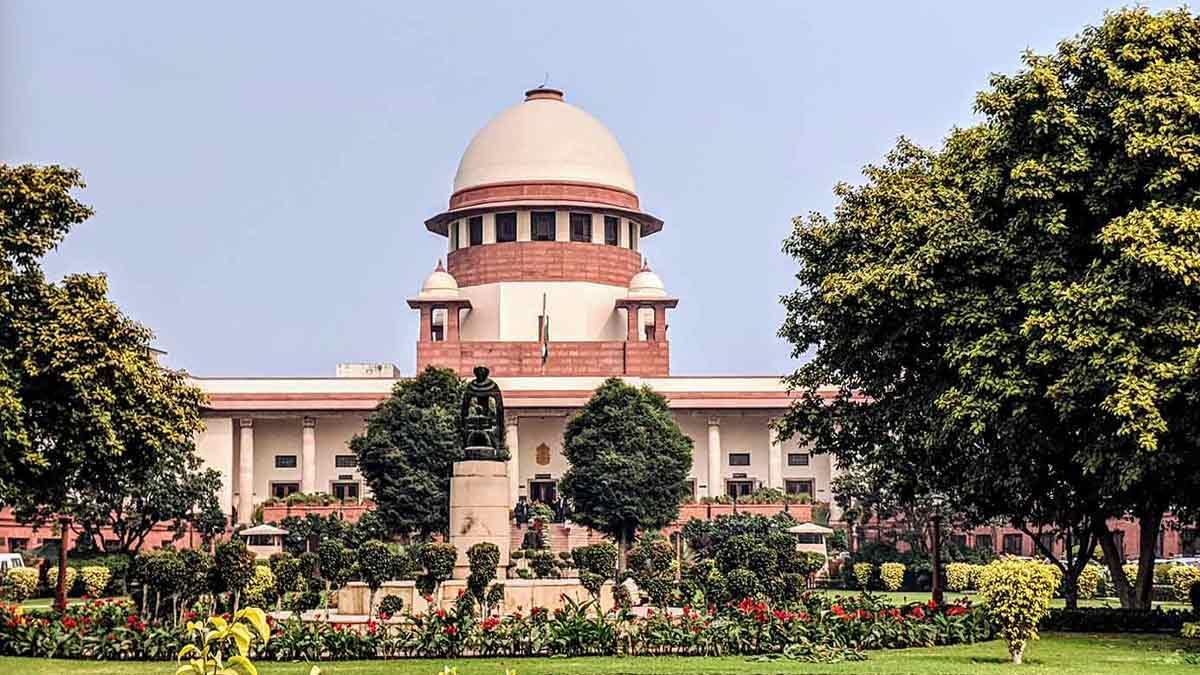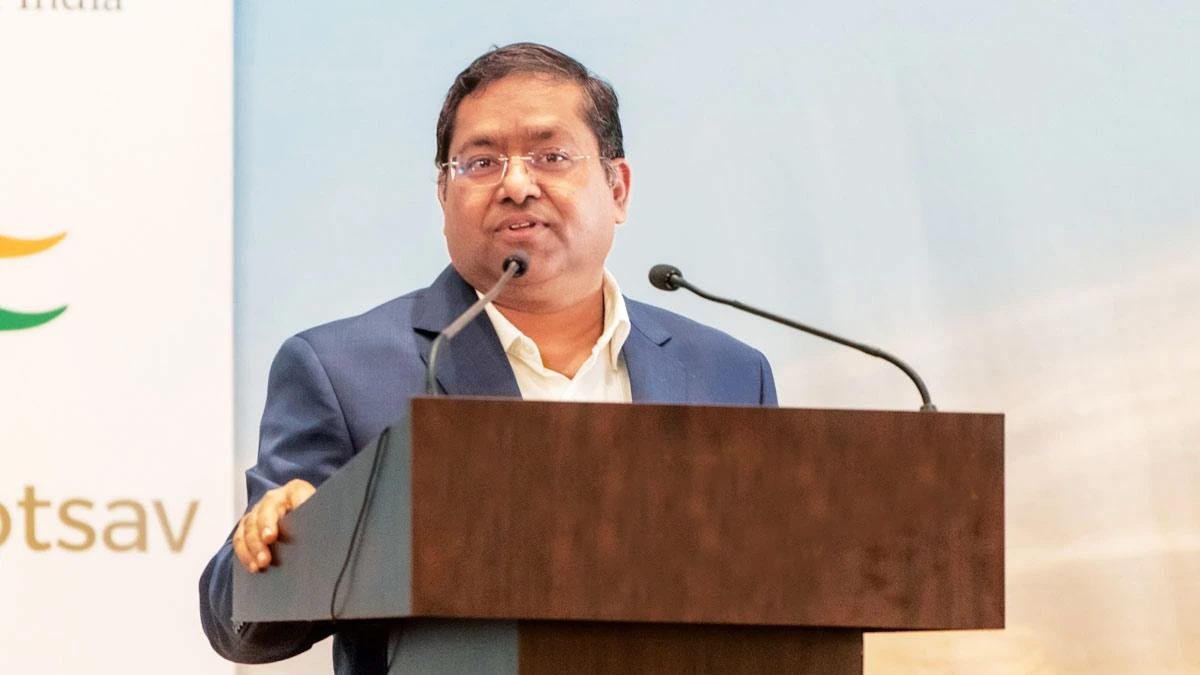On Thursday, the Supreme Court noted a commitment from the Union government that no new members will be appointed to waqf boards or the Central Waqf Council under the Waqf (Amendment) Act, 2025, till the next hearing date.
In an interim order, a bench headed by Chief Justice of India (CJI) Sanjiv Mehta accepted the undertaking of Solicitor General Tushar Mehta that the status of the existing waqfs, such as waqf by user, would not be altered and affected.
The bench, also comprising Justices Sanjay Kumar and K.V. Viswanathan, directed the Centre to submit a detailed response to the petitions for a stay and questioning the constitutional validity of the recent Waqf Act, 1995, amendments within a week.
Considering the high volume of petitions, the court requested the petitioners to choose five major cases to be argued before the top court, while others might be dealt with as applications or dismissed as the situation may be.
The Supreme Court also requested its registry to formally rename the case to "In Re: Waqf Amendment Act" and designated a nodal counsel to oversee the filing of pleadings and submissions in the case.
The hearing is likely to take place on May 5. On Wednesday, the CJI Khanna bench had hinted at an interim order but had put the proceedings on hold, giving time for the Union government to be heard first.
A number of petitions questioning the amendments to the Waqf Act, 1995, have been submitted to the Supreme Court. Following Parliament's passage of the bill in early April, the Congress said it would challenge the Waqf (Amendment) Bill, which became an Act after presidential assent. The Congress party alleged that the bill was an assault on the basic structure of the Constitution and sought to "polarize" and "divide" the country along religious lines.
Conversely, the government maintained that the bill would benefit millions of poor Muslims without prejudicing any individual Muslim. Congress MP Mohammad Jawed, in his petition, contended that the amendments contravened a number of constitutional provisions, including Articles 14 (right to equality), 25 (freedom to practice religion), 26 (religious denomination rights), 29 (minority rights), and 300A (right to property).
Another petition, filed by AIMIM leader Asaduddin Owaisi, contended that the amendments were unconstitutional and infringed upon Articles 14, 15, 21, 25, 26, 29, 30, and 300A of the Constitution, terming them "manifestly arbitrary." Other petitions have been submitted by organizations like the Association for Protection of Civil Rights, AAP leader Amanatullah Khan, Maulana Arshad Madani of Jamiat Ulema-i-Hind, and a host of others seeking to declare the amendments unconstitutional.
Following these petitions asking for a stay on implementing the Waqf (Amendment) Act, 2025, the Union government has filed a caveat with the Supreme Court, expressing its desire to be heard prior to any order.
A few BJP-governed states such as Haryana, Maharashtra, Madhya Pradesh, Rajasthan, Chhattisgarh, Assam, and Uttarakhand have also gone to the Supreme Court and requested to join in supporting the Waqf (Amendment) Act.
The term 'Waqf' is taken from Islamic tradition and law, meaning an endowment by a Muslim for religious or charitable purposes, including the building of mosques, schools, hospitals, or other public institutions.
Read also| Melinda Gates Labels Divorce from Bill Gates 'Necessary'; A Look at Both Perspectives
Read also| White House Releases Health Report Declaring 78-Year-Old Trump Fit to Serve as President


















